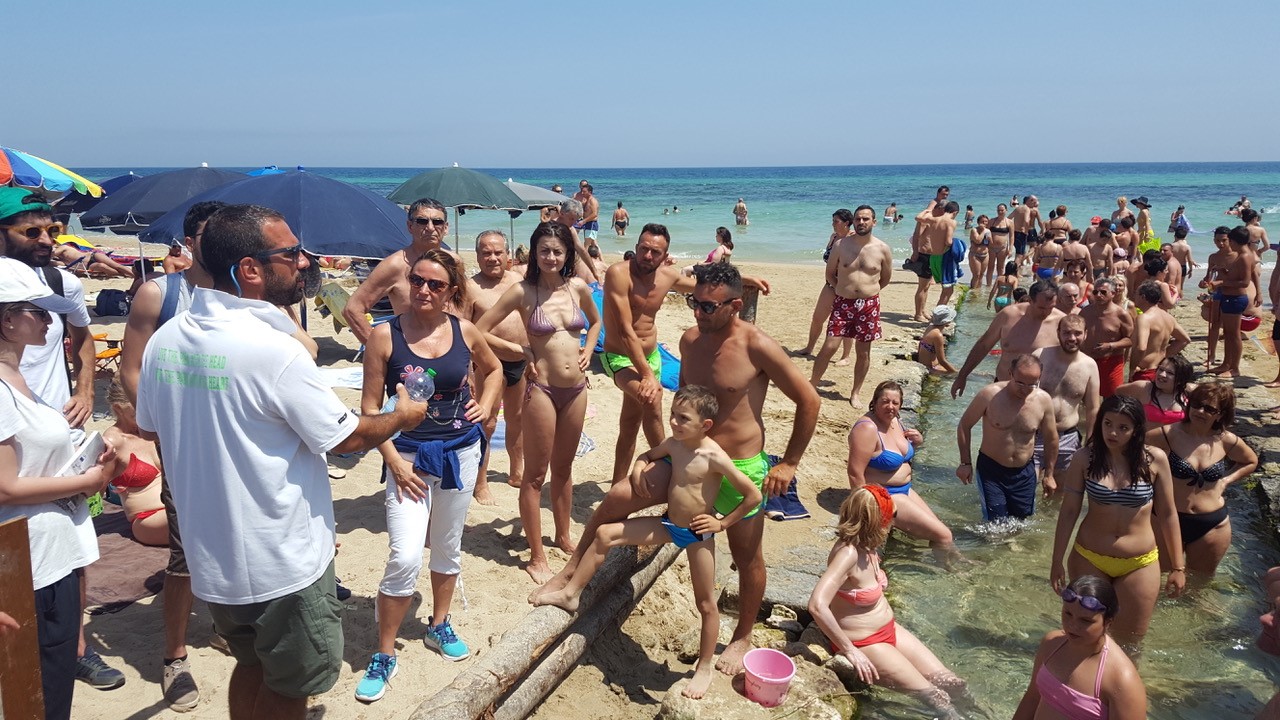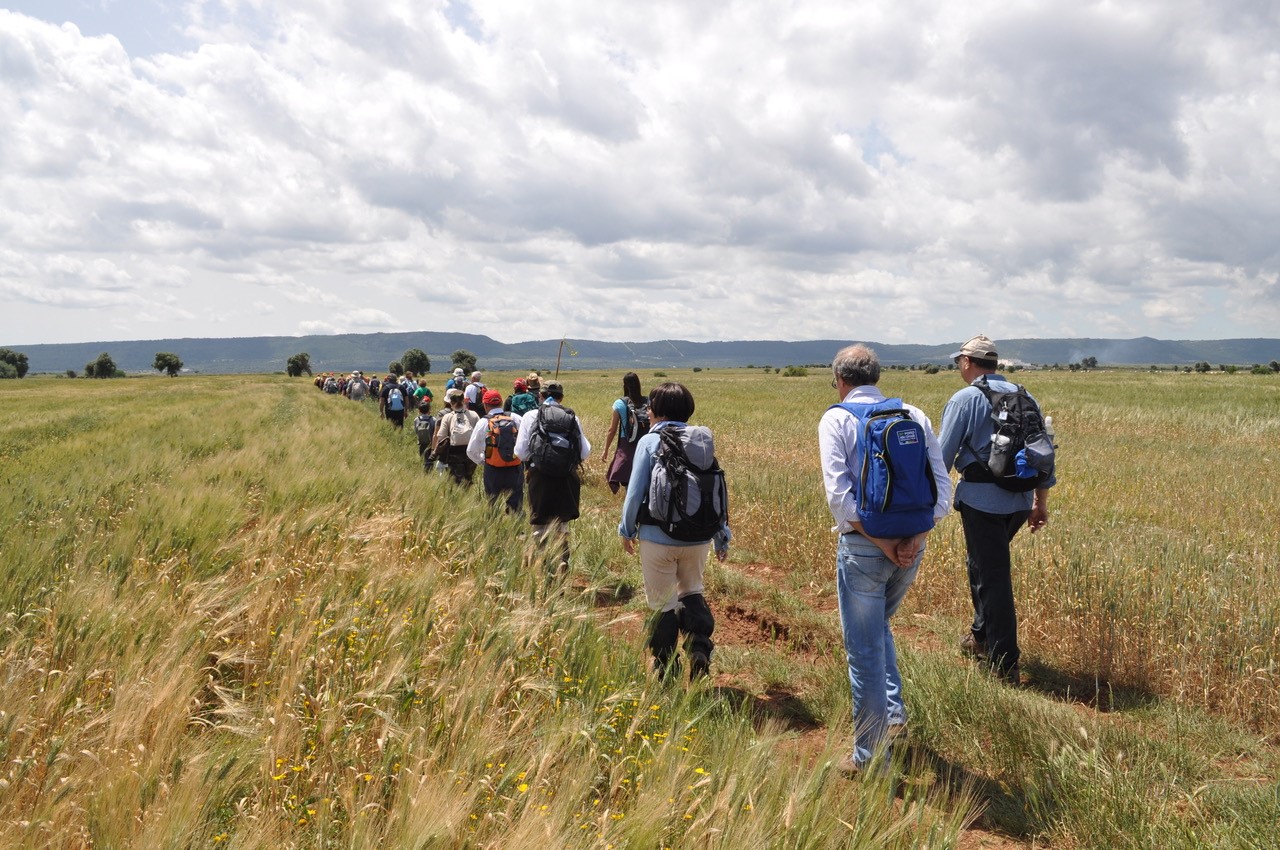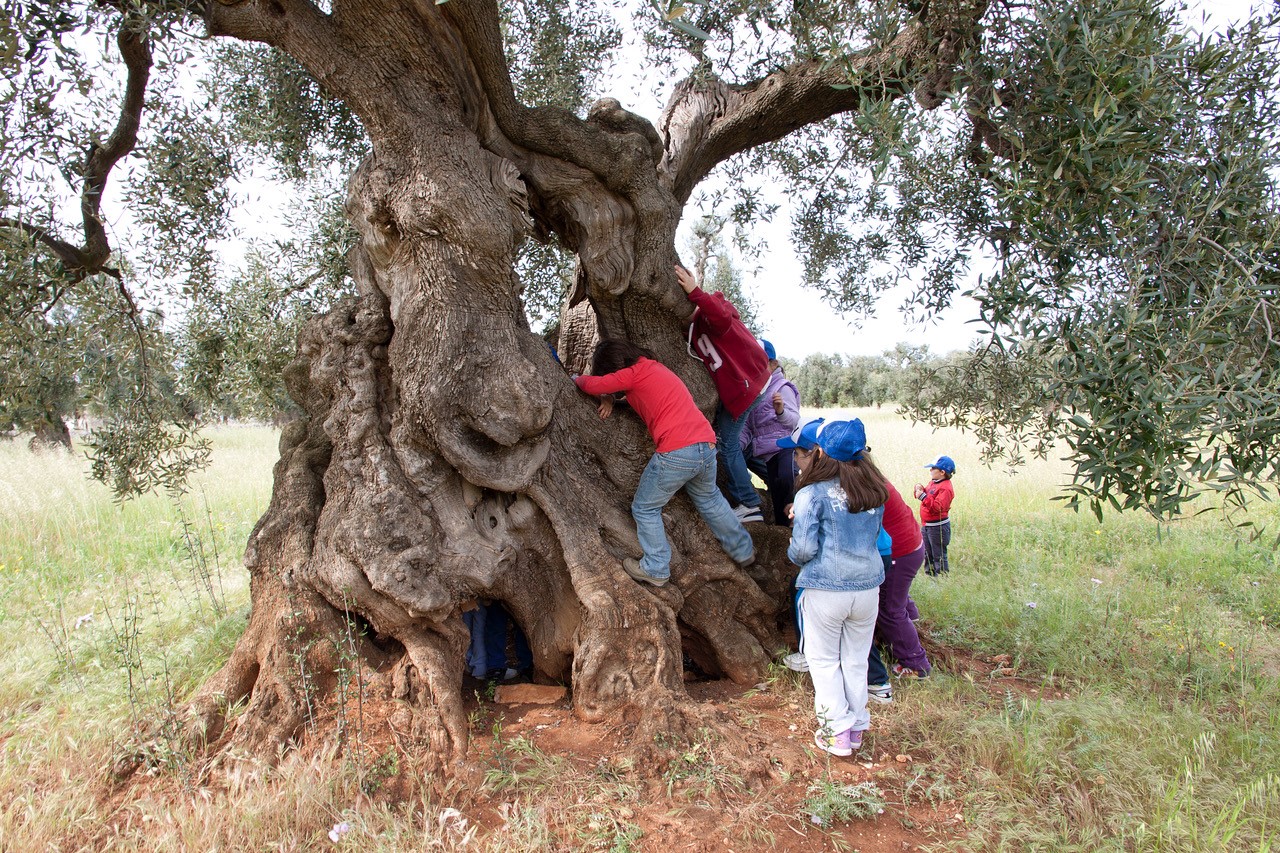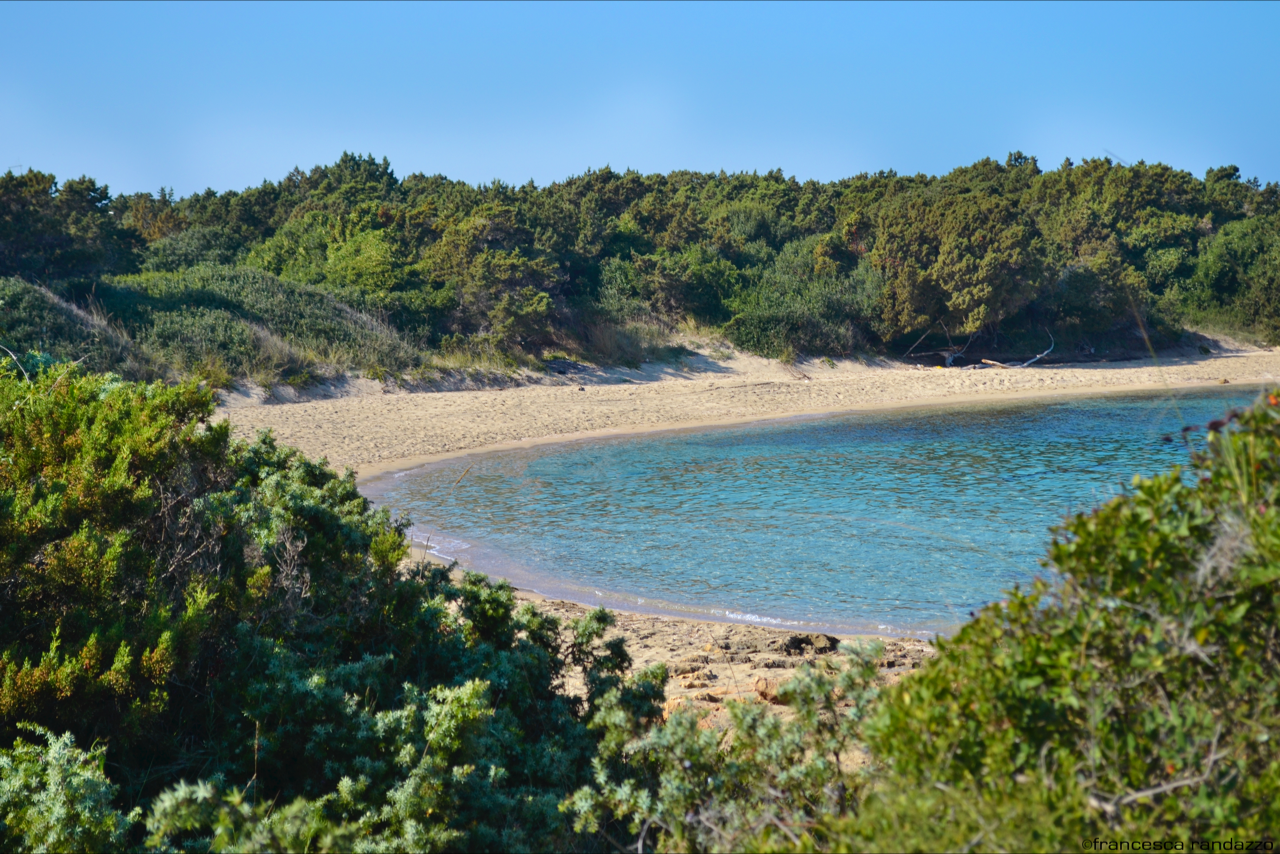Changing attitudes vs engaging partners: experiences from Dune Costiere Park
Changing attitudes towards the territory is one of the hardest tasks for a Park administration… How to develop a sense of shared responsibility? The Dune Costiere Nature Regional Park is currently working with over 40 partners, since the implementation of Charter Part II – Sustainable Partners in Charter Areas. As one of the 1st parks in Italy reaching the second phase of the Charter, we asked the Gianfranco Ciola, Park Director, to share their example and practical recommendations for other Parks.
article issued by Gianfranco Ciola
Changing attitudes vs engaging partners
The implementation of Charter Part II methodology was not particularly difficult since a group of private stakeholders has been collaborating with the Park Authority for a long period of time. Engaging partners is easy when a long-standing relationship has already been established, and strong partnerships with private stakeholders, farmers, and tourists have already been established. Nonetheless, the Charter was a very useful methodology to formalise written commitments and consolidate good local practices of cooperation – between operators and between the Park and the local community.
The biggest challenge was, however, to change the attitudes of local entrepreneurs towards the public administration… so that it would no longer be seen as a mere source of funding, or as an organisation to complain about things that do not work out well.

Educational activity with tourists and locals, Dune Costiere, Italy
There are several critical issues in a protected area that the Park administration should not have the presumption to solve. Those should rather be managed by a wide range of individuals, according to their own competence and approach. Road cleaning and maintenance, environmental monitoring for fire prevention, protection of the most sensitive natural areas that are subject to strong tourist pressure, sustainable beach management, new services for guided activities and its promotion, development of organic farm products and management of the visitors’ centers of the Park are some of these examples.
In this extent, the Charter offered an opportunity to empower farmers, tourism entrepreneurs, and the local community to take action. In fact, responsibility goes hand-in-hand with sustainability. Taking care of a parking area, a cycle track or a dune, or defining in a concerted manner a schedule of events and initiatives by eliminating competition between businesses (difficult in practice) are some examples of what can be done.
Therefore, rather than engaging, the Park aims at strengthening relationships, by creating opportunities for dialogue and conflict resolution, and promote mutual understanding.
Shared responsibility
The implementation of Charter Part II was also an opportunity to find out what services were lacking in the Park, to better legalize some operators and to align existing services with the goals of the Park. While still standing on its founding goals, the Park must give sovereignty to those who live and inhabit a territory: the territory belongs to everyone and thus, everyone must care for it.
Shared and participatory management of a Park is essential, so as to solve critical situations that occur daily. This determines the quality of a territory and makes the difference between a territory governed by a Park and the rest.
The benefit deriving from the implementation of Part II of the European Charter for Sustainable Tourism in Protected Areas is the definition of a common strategy for the development of tourism in the area. Currently, more than 40 companies have the Park logo, including many organic farms and organic Aquaculturists/fish farms. Some operators have understood the importance of legitimacy and have thus converted abusive activities (practiced for over 20 years) into legal activities with VAT, working now in close cooperation with the Park. Many of these companies have been certified with the European Charter for Sustainable Tourism.

Guided excursion in Dune Costiere Nature Regional Park, italy
An “army” of private collaborators have realised that respecting the rules, taking care of a territory and its environmental and cultural values generates a stable/well-founded economy and, above all, improves the quality of life and well-being of people living there.
The financial resources available to the organisation for the management of the protected area are small. Thus, many activities, initiatives, events and small conservation projects are made possible by the contributions made by various actors collaborating with the park authority (associations, tourism companies, farms, schools, etc.). If we were to count all the services provided by park companies, the budget of the Park would actually be three times bigger.
Recommendations for Sustainable Destinations
Everything starts from sharing the tangible experiences related to the management of the Park and tourism activities. A professional training activity for all those who work directly or indirectly in the Park is something all Park Administrations should organise. Experience exchange and study trips are fundamental to strengthen the relations and develop a shared responsibility for the Park.
Be open and avoid being “self-referential”! That is my advice to promote vigorous models of socio-economic development that ensure protection of natural habitats and preserve natural beauty.

Discovering the ancient olive trees in Dune Costiere Nature Regional Park, Italy
In the future, it would be desirable to strengthen the cooperation network between Parks and businesses operating within different Protected Areas. Parks and Entrepreneurs visit other Parks to see how the Visitor Centres work, as well as tourist services, agricultural production, how the economic operators cooperate with each other and with the Park.
Gianfranco Ciola is the Director of the Park Dune Costiery. With a background in agronomy, for the past years he has been actively involved in local development, working for several years in the Local Action Group for the implementation of LEADER Community Initiative Programs.
Dune Costiere is one of the Sustainable Destinations following the methodology of the European Charter for Sustainable Tourism in Protected Areas. The Charter Part II enables Sustainable Destinations better co-operating with their local businesses and community. Learn more about the Park on its website and Facebook page.
